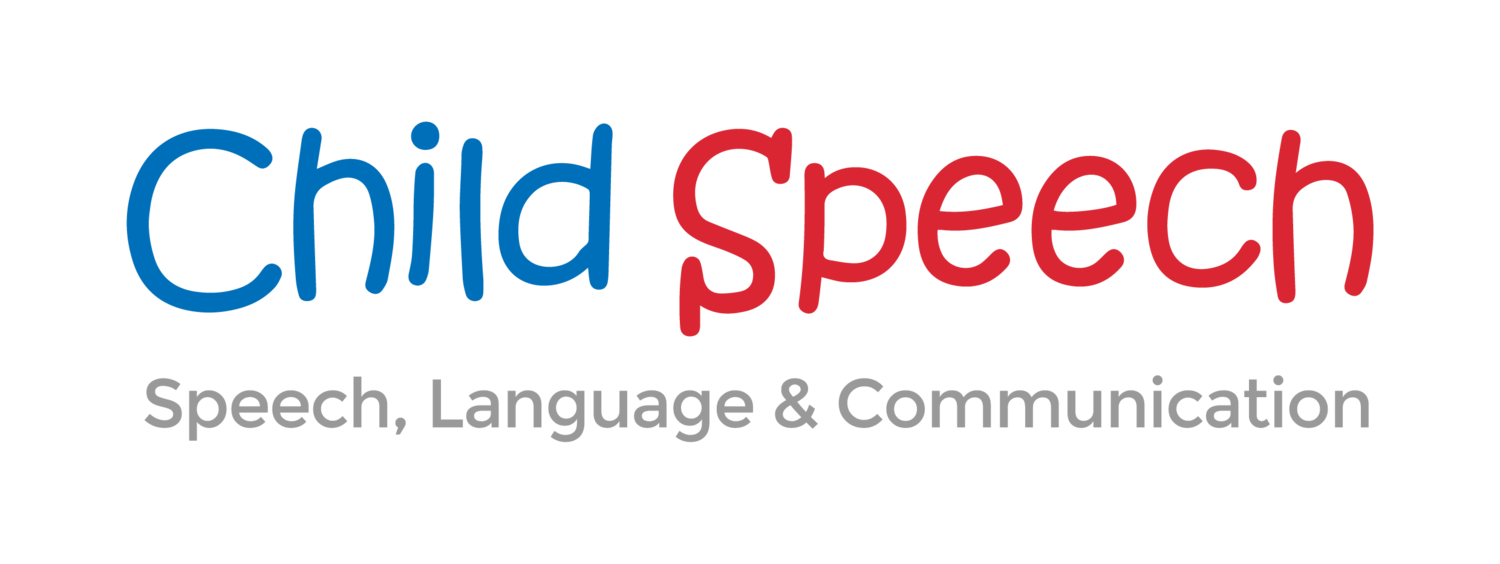
Visit to Sky College – Learn@ Multi Academy Trust
Sky College recently joined the Learn@ Multi Academy Trust. It is a specialist educational provision catering for boys aged 10 to 17, with complex social, emotional, behavioural and mental health difficulties.
ChildSpeech were asked to carry out a review of Sky College in relation to speech, language and communication needs (SLCN), to help the school prepare for the 2021-2022 academic year.
Lexi-Jo, one of our Speech and Language Therapists, had a successful visit to the school last term. Lexi-Jo spent some time observing and assessing children in the classrooms and offering advice to staff. She also got to meet the school’s onsite Alpacas – Spangle, Kirsty and Sapphire, who are used within therapeutic interventions to support students’ emotions, behaviour and mental health.
A key part of our role is to help settings support children and young people with SLCN. You can find more information about the services we offer to schools here
Early Language Identification Measure and Intervention
Early language development and communication skills are the precursor for good social, emotional and learning outcomes for a child.
However, as many as 81% of children with emotional and behavioural difficulties have speech, language and communication needs (SLCN) that have not been identified.
1 in 4 children who have language difficulties at the age of 5, do not reach the language levels expected by the end of primary school.
The Best Start in Speech, Language and Communication Programme is a new initiative to support health visitors in England in identifying SLCN early.
The programme, which has been commissioned by Public Health England (PHE) and the Department for Education (DfE), aims to increase the number of children who are ‘school ready’ by the time they are 5 years old.
A collection of resources, such as case studies and an early language identification measure (ELIM) and intervention tool, have been published to support local commissioners and service leads.
ChildSpeech are always keen to support new initiatives and research within the speech and language therapy field. A key part of our role is to increase awareness of SLCN and the importance of early identification and intervention. You can find more information at:
https://www.rcslt.org/news/new-tool-for-health-visitors-in-england-to-identify-slcn/
https://www.gov.uk/government/publications/best-start-in-speech-language-and-communication
Are you aware of Developmental Language Disorder (DLD)?
DLD is a hidden, yet, common disability affecting 2 children in every class of 30. It was previously known as Specific Language Impairment (SLI).
DLD means that children have severe, persistent difficulties understanding and/or using spoken language.
It is a long-term condition, which significantly impacts on a child’s education, employment, and social, emotional and behavioural development.
Awareness of DLD across 18 European countries is 60%, compared to awareness of Autism which is 90% or above.
This is very interesting, considering DLD is 5 times more prevalent than Autism.
ChildSpeech are always keen to support DLD awareness day, which took place on October 16th this year.
A key part of our role is to provide strategies for children with DLD. These strategies are vital in helping children to develop their language skills and reducing the impact of difficulties that arise as a result of DLD.
You can find more information and resources at:
https://www.afasic.org.uk/about-talking/types-of-slcn/what-is-sli/
Jobs at ChildSpeech
We have a number of roles that have become available as a result of continuing expansion. For more details see https://www.childspeech.co.uk/jobs
Shape Coding intervention
The Shape Coding approach was designed by Speech and Language Therapist Dr Susan Ebbels at Moor House School & College in the late 90s. It is the system that, through shapes, colours and arrows teaches spoken and written grammar. This approach is evidence-based and proven to work for children with Developmental Language Disorder (DLD). However it has also been successfully used by many for children with learning disabilities such as Down Syndrome or specific disorders such as Autism. It can be used to teach simple Subject-Verb-Object (SVO) sentences, pronouns, plurals or tenses but you could also use it to teach the whole narratives. You can find more about Shape Coding here: https://www.moorhouse.surrey.sch.uk/shape-coding Moor House now also offers online courses: https://www.moorhouse.surrey.sch.uk/courses-and-conferences
Have you heard of Developmental Language Disorder (DLD) ?
DLD is a hidden disability that affects approximately 1 in 14 people. ChildSpeech are supporting DLD awareness day on October 18th. You can find excellent information and resources at https://radld.org/
RADLD also have a YouTube channel where children and young people with DLD share their stories - you can see Lucas' story here https://www.youtube.com/watch?v=A0n1zUU5UZA&list=PLZKYMAk9g2pkvnuv2ZOssWcSIAqIEPXOc&index=14&t=0s
22nd October International Stuttering Awareness day
22nd October was designated International Stuttering Awareness Day in 1988 in the USA with the aim of increasing public awareness of stuttering. The British Stammering Association, now called STAMMA https://stamma.org have news and events taking place in the UK. Visit their website to see what’s on and for ideas on how to take part.
New video resource
ChildSpeech are delighted to have been involved in developing new video resources to help parents and individuals understand speech and language issues.
click HERE to view in Youtube
Bercow 10 years on
Bercow: Ten Years On is a report on the state of provision for children’s speech, language and communication needs (SLCN) in England. The report has been published by I CAN , the children’s communication charity, and the Royal College of Speech and Language Therapists (RCSLT).
The report shows poor understanding of and insufficient resourcing for speech, language and communication needs. This means too many children and young people receive inadequate, ineffective and inequitable support, potentially impacting on their educational outcomes, their employability and their mental health.
Commissioning Speech and Language in schools
Great video from the Communication trust to help schools consider the issues when looking at SLCN.





